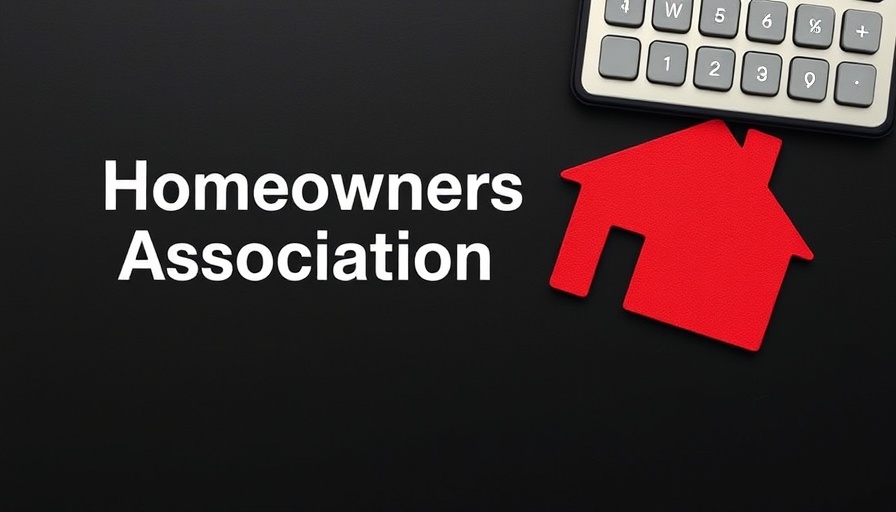
Understanding HOA Liens: What Homeowners Need to Know
Nearly 33.6% of U.S. homeowners now reside in neighborhoods managed by homeowners associations (HOAs). As housing developments expand, this figure is expected to rise. While HOAs provide amenities and enhance property value, they come with stringent rules and significant consequences for non-compliance. If you’re a homeowner, understanding the implications of an HOA lien on your property is crucial.
What Exactly Is an HOA Lien?
An HOA lien is a legal claim against your property initiated by the homeowners association, typically due to unpaid fees or violations of community standards. This can occur when homeowners default on dues, special assessments, or incur fines. The power to file a lien originates from governing documents, often referred to as Covenants, Conditions, and Restrictions (CC&Rs), which are agreed upon when purchasing a property.
Can an HOA Legally Place a Lien on Your House?
Yes, in most instances, HOAs can legally place a lien on your property. Upon purchasing a home within an HOA, you agree to adhere to its rules, which include the possibility of the association filing a lien for due payments. In some states, the lien is automatic with a missed payment, while others may require the HOA to file it with the county recorder’s office. Thus, it’s essential to familiarize yourself with both your community's CC&Rs and your state laws.
What Happens After a Lien Is Filed?
When a lien is established, it becomes part of your property’s public record, potentially complicating future transactions like refinancing or selling your home. The amount due can escalate with late fees and legal costs. Furthermore, many associations will notify your mortgage lender about the lien, which can trigger additional complications. Typically, homeowners will receive written notice of the lien being placed, and there may be a waiting period before the HOA can proceed with further legal actions, including foreclosure.
Protecting Yourself from HOA Liens
Understanding your financial obligations is the first step in preventing HOA liens. Regularly review your statements and comply with community standards to avoid unpaid dues. Being proactive can protect your ability to refinance or sell your property in the future. If you believe you’re at risk of a lien, consider discussing options with a real estate attorney to explore available remedies.
Future Trends in HOA Management
As the housing market evolves, so does the nature of HOAs. Data suggests a growing trend of communities becoming more transparent regarding their fee structures and governance. Homeowners are increasingly advocating for clearer communication about dues and guidelines to avoid misunderstandings that lead to liens. As a result, future management practices may shift toward fostering community engagement and collaboration.
Common Misconceptions About HOA Liens
Many homeowners are unaware that agreeing to CC&Rs effectively grants the HOA significant power over their property. A common myth is that homeowners can negotiate around these obligations; however, refusal to comply can lead to liens and legal repercussions. Understanding this reality ensures homeowners can make informed decisions regarding their property.
The Importance of Staying Informed
In today's market, where both residential and commercial properties constantly change hands, staying informed about HOA regulations is crucial. Utilize real estate websites like Zillow and Redfin to compare properties that fit your criteria without future lien concerns. Whether you are house hunting or considering investment property, awareness of HOA rules can save homeowners from significant financial pitfalls.
For homeowners in HOAs, understanding the implications of liens is essential to protect your property interests. Knowledge is empowering, and by educating yourself on these matters, you can navigate homeownership more effectively. Reach out to a qualified real estate attorney today to clarify any HOA-related concerns and safeguard your investment.
 Add Row
Add Row  Add
Add 




Write A Comment